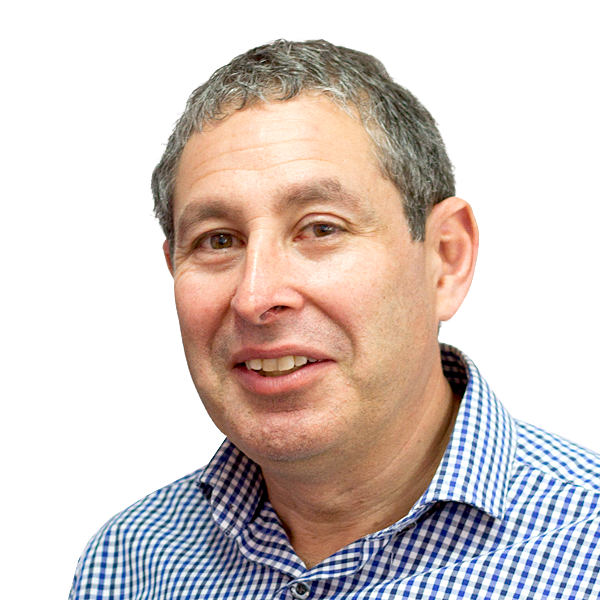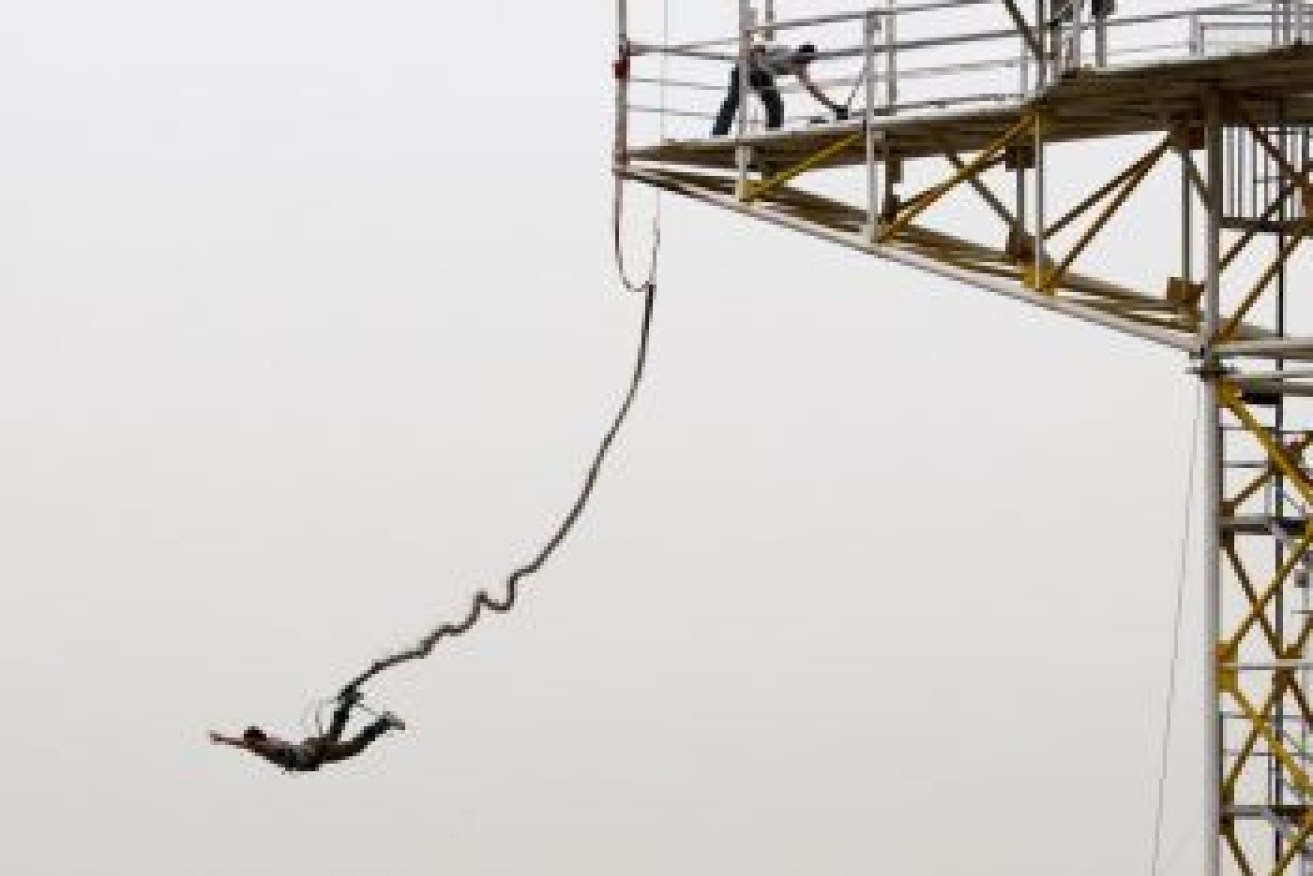Why cashing in now is a bad investment move


AAP
It has been a white-knuckle rollercoaster ride for share market investors since the start of 2016, but financial experts recommend you just hold on for the ride rather than do anything rash.
That’s because, despite the latest volatility on the Australian share market and the promise of more to come over the short term, it’s the longer term that really counts.
Data from investment research firm Morningstar shows that even those who invested during the Global Financial Crisis, at the very lowest point of the share market in early 2009, have achieved good returns over the past seven years.
• Super returns fell in 2015 amid market turmoil
• The invisible force white-anting your retirement savings
• The optimists who said your shares were safe
A $10,000 investment into the Australian market in March 2009, when it was trading 1500 points below current levels, would have more than doubled by now based on an average annual return since then of 11.82 per cent.
Anyone who decided to get out of the share market altogether at that time and switch entirely into cash would be significantly worse off, with an average annual return of just over 5 per cent.

Cash has been the worst performer over time.
CommSec chief economist Craig James said it’s important to take a long-term perspective on investing, so the latest bout of market volatility should not be a cause for undue alarm for most investors.
“Over the past five to 10 years the best-performing asset classes have been the share market and residential property, followed by fixed interest and cash,” Mr James said. “It’s important to have exposure to the various asset classes, but to what level depends on your circumstances and your perspective. It is a skittish environment at the moment, but investors shouldn’t focus just on the negatives.”
Do: Think long term
Remember you’re investing for the longer term and trying to make money on short-term movements is best left to the professionals.
“When individual investors see the so-called big end of town doing what it’s doing, there’s always a tendency to believe that someone knows something you don’t,” said Scott Phillips, research analyst with financial services company Motley Fool.
“That’s the hardest part: watching short-term traders act and trying to divorce yourself from that.”
Don’t: Fret over headlines
An underperforming economy in China might not be great news but that doesn’t mean the end of the world. There are plenty of companies out there doing good business despite negative headlines.
“While the share price might jump up and down, Woolies aren’t serving any fewer customers because the Chinese markets are jittery, and IAG isn’t selling fewer insurance polices and BHP isn’t mining less iron ore,” Mr Phillips said.
Do: Pick your stocks
Look for value and a strong track record of revenue and profit growth.
Angus Geddes, founder of Fat Prophets, said the big four banks represent good value after falling 18-30 per cent since March 2015 and that he is starting to get interested in the resources sector again.
“We’re seeing a lot of value out there: it’s a stock pickers market. The value is in abundance and it’s staring us all in the face. That said, you do have to really hunt for the opportunities.”
Don’t: Jump before you look
If you are tempted to cash out, make sure you compare the likely return to that from your share portfolio. The residential property market is cooling and already low savings rates are exposed to the possibility of another RBA rate cut.

Don’t bail out early Photo:AAP
Banks are still offering a dividend yield of about 10 per cent.
“Cash rates in Australia are at historically low levels and therefore the premium that the dividend yield has over the cash rate is at an historic high,” Mr Geddes said.
Do: Remember it’s not all bad
While stocks have declined, they haven’t fallen anywhere near as sharply as during the GFC, when the ASX 200 dropped more than 50 per cent from its October 2007 high of 6851 to about 3145 in March 2009.
Mr Geddes said the GFC had a “profound impact” on companies and that balance sheets are considerably deleveraged compared to eight years ago.
“We’re going to have some volatility and some ups and downs but I don’t think stocks are going to fall off a cliff. In the 4800-4900 level on the ASX 200, I think we’re getting great value.”
– with AAP










